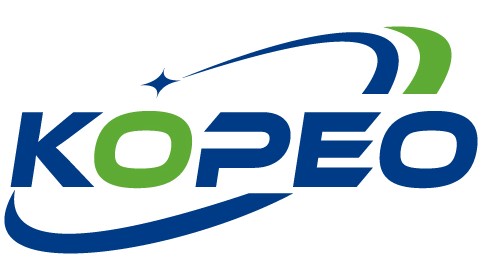1.Physical and chemical properties of Glycerine Glycerine, also known as glycerin, is an organic compound, chemical formula for C3H8O3, CAS No.: 56-81-5, colorless and odorless transparent viscous liquid. It can absorb moisture from the air and hydrogen sulfide, hydrogen cyanide and sulfur dioxide. It is miscible with water, alcohols, amines and phenols in any proportion, but insoluble in benzene, chloroform, carbon disulfide, carbon tetrachloride, petroleum ether and oil. 2.The production of Glycerine raw materials 1.Made from natural oils and fats as raw materials, known as natural Glycerine. About 42% of the natural glycerin from the soap by-products, 58% from the production of fatty acids; 2.To propylene as raw material synthesis, known as synthetic glycerol. Glycerine synthesized from propylene in a variety of ways can be summarized into two categories, namely, chlorination and oxidation. 3.The role and use of propylene Glycerine 1.Used in the production of epichlorohydrin, 1,2-propanediol, 1,3-propanediol, ethylene glycol, dihydroxyacetone and so on. 2.It is used to produce various alkyd resins, polyester resins, glycidyl ethers and epoxy resins in the coating industry.Alkyd resin made of glycerol as raw material is one of the good Coating Intermediates, which can replace quick-drying paint and magnetic paint, and has good insulating properties, which can be applied to electrical materials.
3.It is used as sweetener and moisturizer in the food industry, applicable to many bakery and dairy products, processed vegetables and fruits, as well as cereal products, sauces and condiments. With moisturizing, moisturizing, high activity, antioxidant, promote alcoholization and other effects. It is also used as a hygroscopic agent and solvent for tobacco agent.

4.In the pharmaceutical industry, used to make a variety of preparations, solvents, hygroscopic agents and sweeteners, the preparation of topical ointments or suppositories. (1) Used to make tablets, can improve the smoothness and texture as well as produce a sweet flavor, making them easier to swallow. (2) Suppositories can be used as laxatives because they irritate the anal mucosa. (3) In pesticide formulations, they are used for water retention and thickening to increase the adhesion rate of pesticides and improve efficacy. 5. Used as a moisturizer, viscosity-reducing agent, denaturing agent and other uses in the production of cosmetics (e.g., creams, masks, cleansers, etc.). The use of glycerin components of skin care products can make the skin to remain soft, elastic, free from dust, climate and other damages and dry, play a moisturizing, emollient role. 6.In the application of detergent, it can increase the washing power, inhibit the hardness of hard water and increase the antibacterial property of detergent. 7.It is used in textile and printing and dyeing industry to make lubricant, moisture absorber, fabric wrinkle-proof shrinkage treatment agent, diffusion agent and penetrating agent. 8.Used as a wetting agent in water-based ink, lubrication, so that writing more smoothly. 9.It is used in paper making industry for wrinkled paper, thin paper, waterproof paper and waxed paper. It is used as plasticizer in cellophane production to give cellophane the necessary softness and prevent cellophane from breaking.

10, In the tanning industry, Glycerine can block the emanation of grease, so that the grease lubrication leather longer; on the other hand, because of Glycerine has a strong water absorption, with glycerin treatment of leather with mildew, anti-hardness and other effects. 11, In the defense industry, glycerin and nitric acid role of nitroglycerin is extremely strong sensitive explosives. 12.It is mainly used as plasticizer of film in photographic technology, which can prevent film from cracking and shrinking. 13.Used as a lubricant in metal processing, can reduce the coefficient of friction between the metal, thereby reducing wear and heat generation, reduce the deformation of metal materials and cracks. It also has the properties of anti-rust, anti-corrosion and anti-oxidation, which can protect the metal surface from erosion and oxidation. Widely used in pickling, quenching, stripping, electroplating, galvanizing and welding on. 14.Used as antifreeze for oil field, automobile and airplane fuel. 15.Used as plasticizer in ceramic industry. 16.It is used as the starting agent in the production of polyurethane foam in the plastics industry. 17.Used as analytical reagent, gas chromatography fixing solution and organic synthesis. Measure boron complexing agent. 18.In the Rubber And Products industry, propanetriol helps filler dispersion in rubber, improve the processing performance of rubber; also as a softener for low hardness Rubber Products, used to coat the water tires as a lubricant and to prevent cracking of the water tires; as well as used as a model of the isolation of the product.
